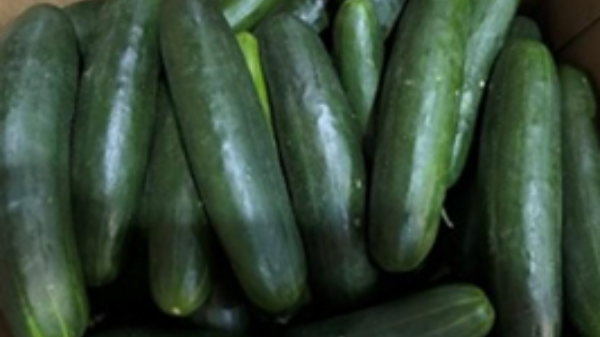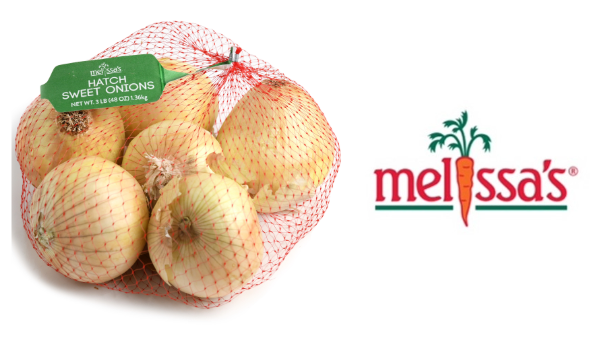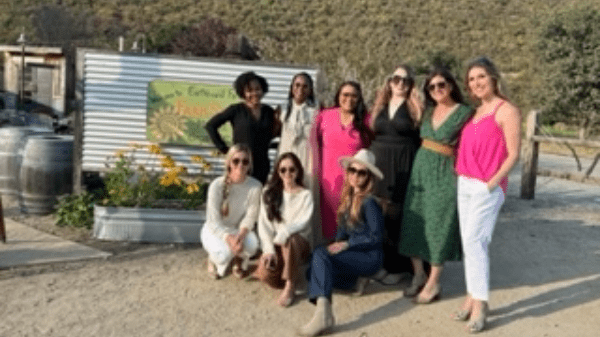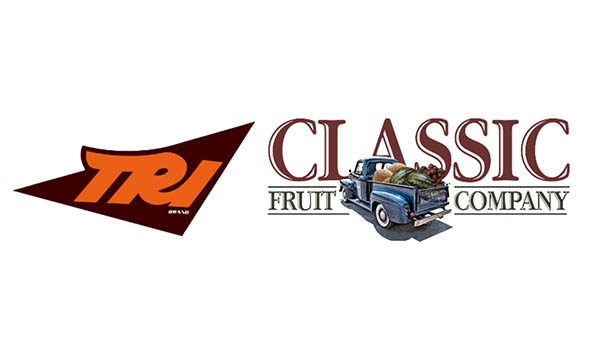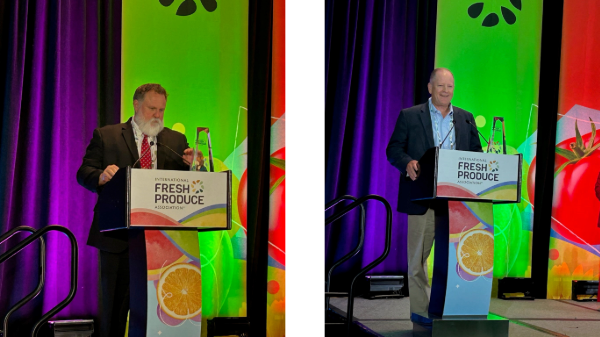Welcome to Blue Book!
Are you ready to join the thousands of companies who rely on Blue Book to drive smarter decisions? View our plans and get started today!
Still have questions? We’d love to show you what Blue Book can do for you. Drop us a line– we’ve been waiting for you.
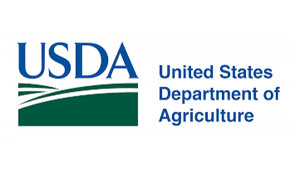
Washington, D.C., June 16, 2025 – U.S. Secretary of Agriculture Brooke L. Rollins announced American agricultural producers will have greater market access to Thailand and Vietnam and maintained access to Brazil.
The Trump Administration continues to break down non-tariff barriers and defend current market access, and these latest actions are some of many wins ahead for American producers.
U.S. dairy producers will have maintained access to Brazil markets, citrus and apple growers will be able to sell more products to Thailand, and stone fruit growers will face lower non-tariff trade barriers in Vietnam as a result of the action taken by the United States Department of Agriculture (USDA).
“American farmers and ranchers grow the safest, most abundant food supply in the world. Under President Trump’s leadership, I have fought to give our producers greater access to markets across the globe. Expanded access to Brazil, Thailand, and Vietnam will result in millions in added trade for the U.S. As we continue to bring America into a new golden age of prosperity, the best is yet to come for our farmers and ranchers,” said Secretary Rollins.
These trade wins follow four years of inaction by the Biden Administration, which caused the agricultural trade balance to go from a trade surplus under President Trump to a nearly $50 billion trade deficit under President Biden. Secretary Rollins has traveled to the U.K. and Italy and will travel to Japan, Vietnam, India, Peru, and Brazil over the next three months to fight for American farmers and ranchers. Other USDA Trade Missions this year include the Dominican Republic, Taiwan, Côte d’Ivoire, and Mexico.
Brazil: On June 9, Brazilian Ministry of Agriculture and Livestock (MAPA) officially lifted its suspension of U.S. Dairy Company, Agropur, from exporting whey protein concentrate powder to Brazil. On May 22, 2025, MAPA suspended one U.S. plant from exporting the product to Brazil due to lab results showing protein levels below 80 percent.
After quick action by Foreign Agricultural Service (FAS) and Agricultural Marketing Service (AMS) to address the irregularities, MAPA agreed to lift the suspension less than three weeks after it was imposed. Last year, the U.S. exported $83 million of whey protein concentrate powder to Brazil.
Thailand: On June 4, 2025, Thailand’s Department of Agriculture (DOA) approved the re-opening of market access for U.S. apples from the eastern states of Michigan, New York, Pennsylvania, and Viginia. Prior to this decision, only U.S. apples from California, Idaho, Oregon, and Washington were approved to be exported to Thailand.
In February 2024, the Animal and Plant Health Inspection Service (APHIS) formally submitted a request with the required information to re-open the apple market for eastern U.S. states to Thailand. The value of U.S. apple exports is approximately $20 million annually for western U.S. apples, and the estimated additional value of eastern U.S. apple exports to Thailand is expected to be approximately $5 million annually.
In addition to expanded market access for U.S. apple producers, on June 4, 2025, Thailand’s DOA amended the import requirements for citrus fruits from Arizona. The amendment allows for the export of citrus produced in Arizona but packed and shipped from California.
This comes as the result of requests from APHIS and is a major shift from previous requirements that required citrus from Arizona to also be packed in Arizona. The estimated value of the citrus from Arizona to Thailand is expected to be approximately $385,000 annually.
Vietnam: On June 6, 2025, Vietnam’s Plant Production and Protection Department (PPPD) approved exports of fresh peaches and nectarines from California to Vietnam using a recognized science-based approach. This is the result of negotiations by APHIS with PPPD, and it affirms that the systems approach used by American stone fruit producers is safe and effective. The market value for California peaches and nectarines into Vietnam is approximately $2.5 million annually.



